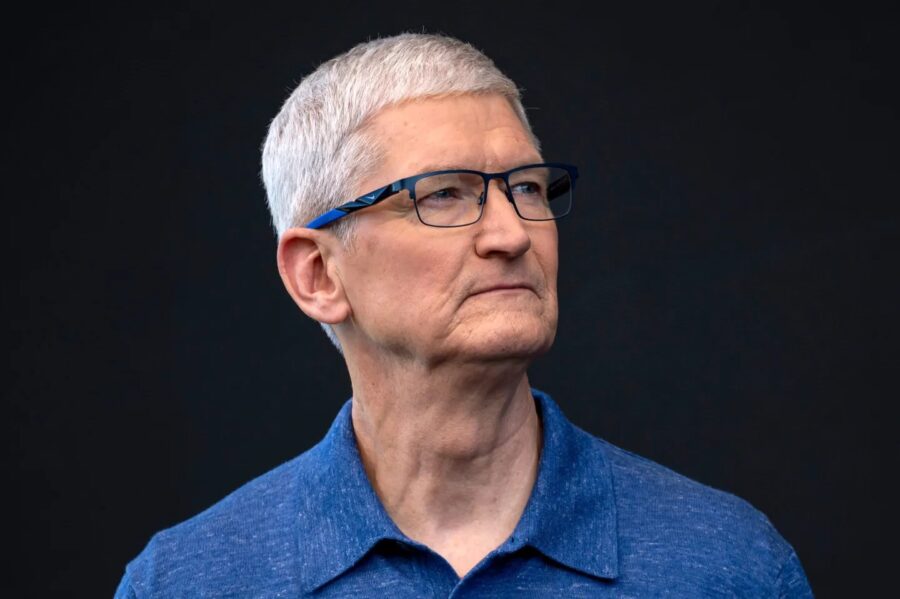Apple Faces New EU Antitrust Charges Under Digital Markets Act, Holds Back AI Features in Europe

Apple is now officially the first company to face preliminary antitrust charges under the European Union’s new Digital Markets Act (DMA), which imposes stringent rules on Big Tech companies. This action intensifies Apple’s ongoing conflict with the EU, further complicated by the tech giant’s decision to delay the rollout of its new AI features in Europe, citing concerns over user privacy and data security under the DMA’s interoperability requirements.
The current charges against Apple stem not from its contentious core technology fee — which has been a point of contention among competitors like Microsoft and Meta regarding third-party app stores on iOS — but from restrictions placed on developers to direct users to cheaper alternatives outside of Apple’s ecosystem. The EU Commission accuses Apple of unfairly charging developers additional fees when they attempt to steer users to external websites, effectively hindering competition.
Moreover, Apple’s reluctance to implement its “Apple Intelligence” AI features and other innovations such as iPhone Mirroring and SharePlay in the EU this year highlights the company’s strategy to possibly leverage these features against regulatory pressures. Despite Apple’s claim that the DMA could compromise product integrity, the move to withhold these features could also be seen as an attempt to influence the ongoing regulatory discussions.
This development follows a significant $2 billion antitrust fine previously levied against Apple by the EU for anti-competitive practices related to music-streaming services like Spotify. The new DMA allows for even steeper penalties, potentially up to 10% of a company’s global annual revenues, signaling severe financial implications for non-compliance.
As the standoff between Apple and the EU continues, the tech giant’s strategy appears increasingly complex, balancing between compliance with stringent European regulations and maintaining its competitive edge globally. The situation remains dynamic, with both sides showing no signs of backing down in a battle that could reshape the landscape of tech regulation in Europe and beyond.
